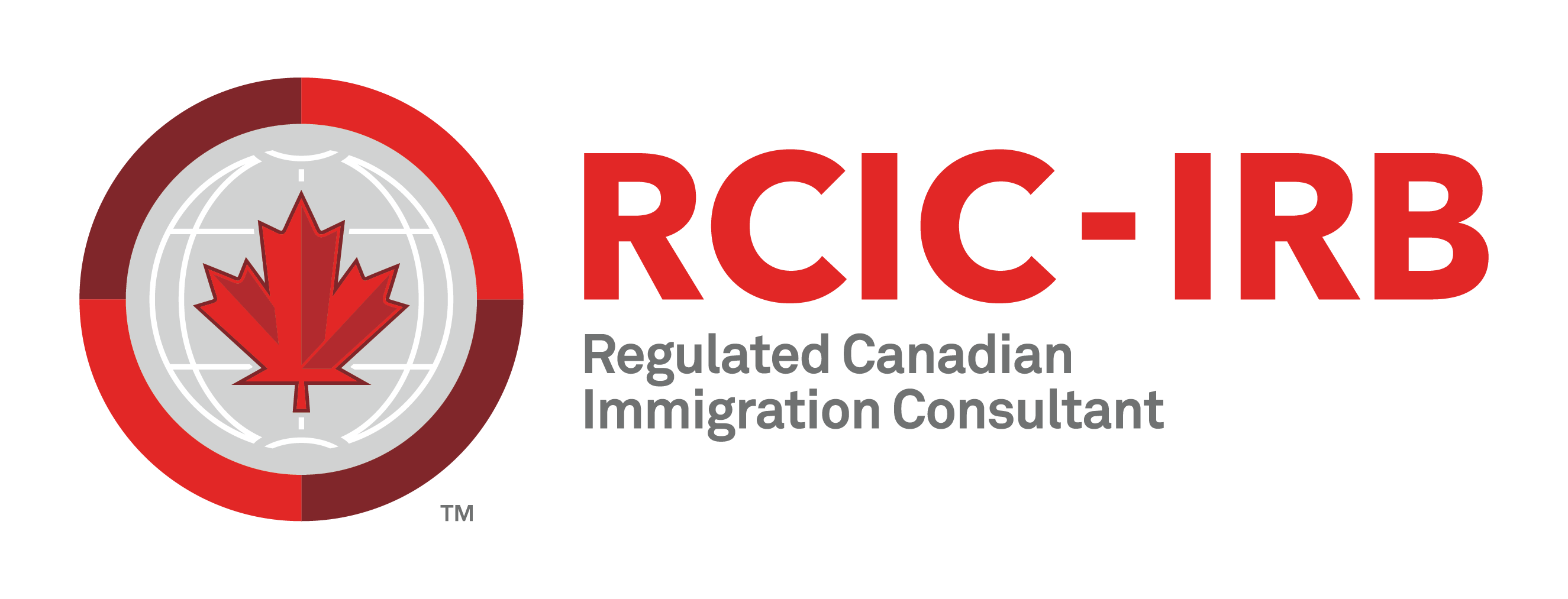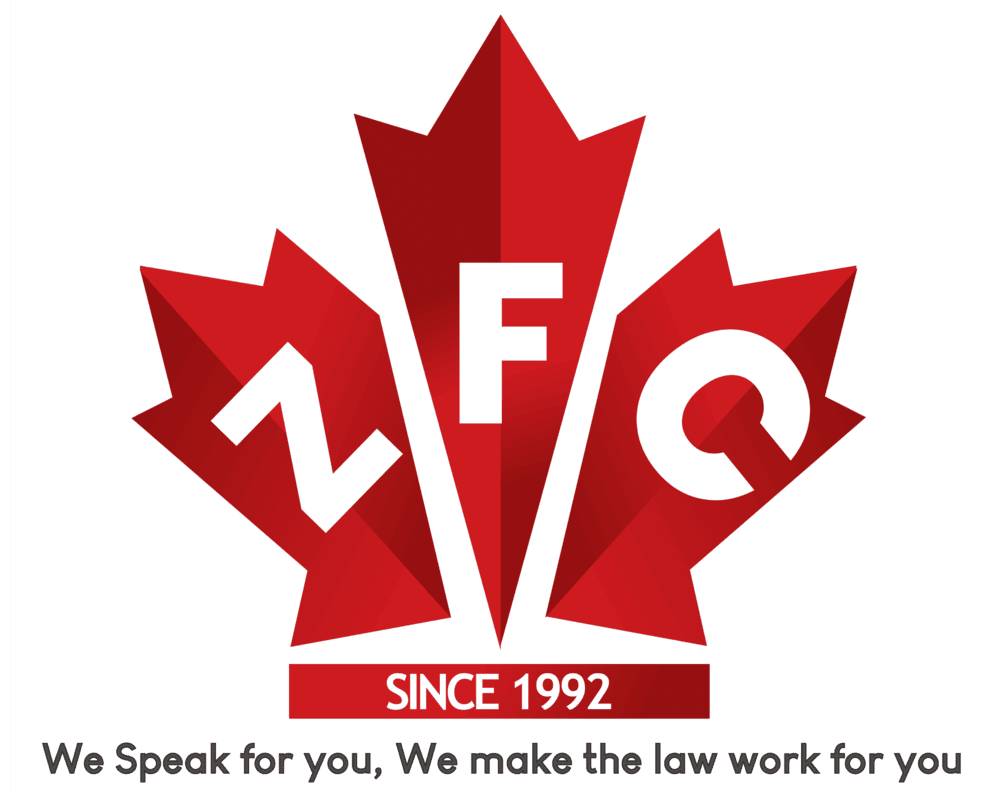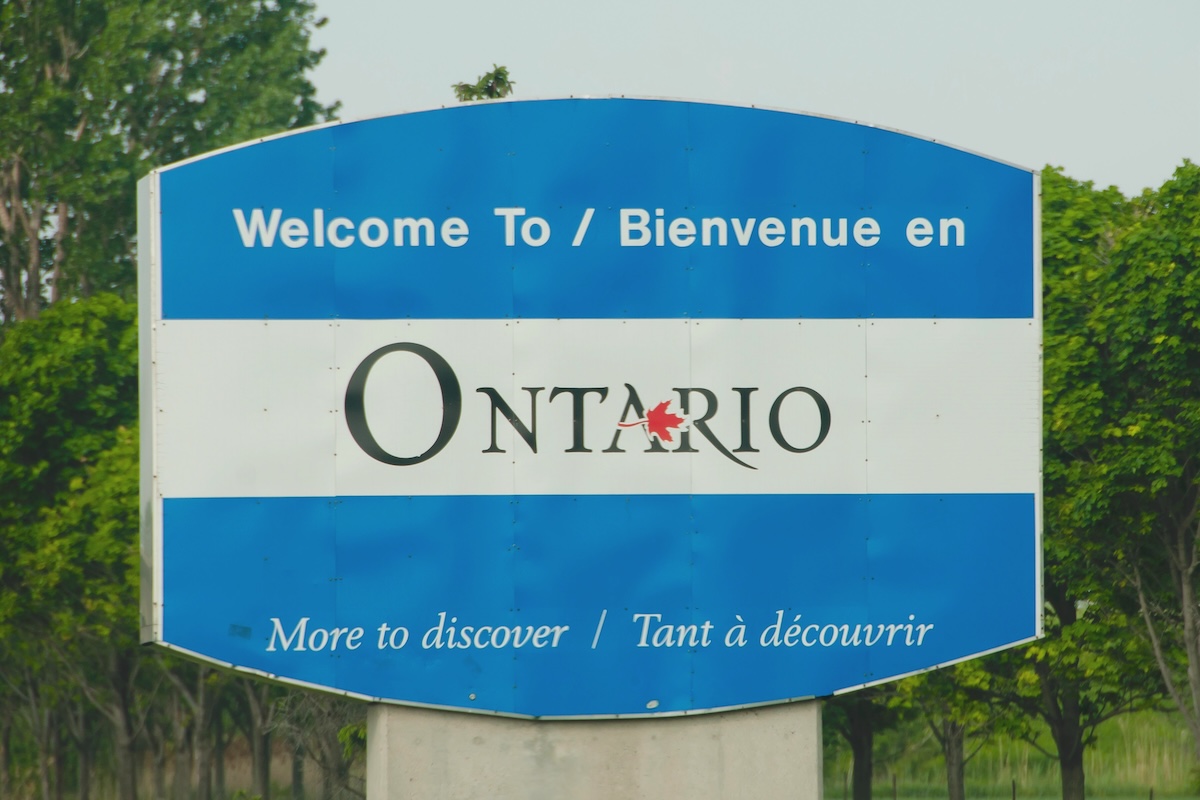Last Updated On 10 June 2025, 5:49 PM EDT (Toronto Time)
Today, Greater Sudbury, Ontario, announced its priority sectors and occupations for two groundbreaking immigration initiatives: the Rural Community Immigration Pilot (RCIP) and the Francophone Community Immigration Pilot (FCIP).
These employer-driven programs offer a golden opportunity for skilled foreign workers to secure permanent residency (PR) in Canada while addressing critical labour shortages in Sudbury’s urban and rural communities.
With 525 nomination slots for RCIP and 45 for FCIP in 2025, Sudbury is poised to welcome a wave of international talent, making it a prime destination for those seeking to build a new life in Canada.
Table of Contents
As one of only a handful of communities selected to participate in both the RCIP and FCIP, Greater Sudbury is leveraging its unique position to address workforce gaps and foster long-term growth.
Administered by the Greater Sudbury Development Corporation (GSDC) and funded by FedNor, the GSDC, and the City of Greater Sudbury, these pilots are tailored to attract skilled workers who are committed to settling in the region.
The RCIP focuses on filling labor shortages in rural areas, while the FCIP aims to bolster Francophone communities outside Quebec, enhancing linguistic and cultural diversity.
Sudbury’s vast geography, encompassing both a vibrant urban center and rural outposts, makes it an ideal candidate for these programs.
The city’s economic development team, in consultation with over 300 employers and Francophone leaders, has identified five priority sectors for each pilot, ensuring that the programs align with local workforce needs.
These initiatives build on the success of the Rural and Northern Immigration Pilot (RNIP), which welcomed over 2,700 newcomers to Sudbury since 2019, contributing $40 million to the local economy.
Sudbury’s RCIP targets five key sectors to address labour shortages in its rural and urban areas:
- Natural and Applied Sciences
- Health
- Education, Social, Community, and Government Services
- Trades and Transport
- Natural Resources and Agriculture
Only employers within these sectors can be designated to hire foreign workers through the RCIP.
Additionally, job offers must align with one of the following priority occupations:
| Occupation Name | NOC Code |
|---|---|
| Accounting technicians and bookkeepers | 12200 |
| Administrative assistants | 13110 |
| Automotive service technicians, truck and bus mechanics, and mechanical repairers | 72410 |
| Civil engineering technologists and technicians | 22300 |
| Construction millwrights and industrial mechanics | 72400 |
| Construction trades helpers and labourers | 75110 |
| Dental assistants and dental laboratory assistants | 33100 |
| Early childhood educators and assistants | 42202 |
| Electrical and electronics engineering technologists and technicians | 22310 |
| Geological engineers | 21331 |
| Heavy-duty equipment mechanics | 72401 |
| Heavy equipment operators | 73400 |
| Home support workers, caregivers, and related occupations | 44101 |
| Labourers in mineral and metal processing | 95100 |
| Licensed practical nurses | 32101 |
| Mechanical engineering technologists and technicians | 22301 |
| Mechanical engineers | 21301 |
| Mining engineers | 21330 |
| Nurse aides, orderlies, and patient service associates | 33102 |
| Other technical occupations in therapy and assessment | 32109 |
| Physiotherapists | 31202 |
| Registered nurses and registered psychiatric nurses | 31301 |
| Social and community service workers | 42201 |
| Transport truck drivers | 73300 |
| Welders and related machine operators | 72106 |
These occupations reflect Sudbury’s diverse economic needs, from healthcare and education to mining and transportation, ensuring that the RCIP addresses critical gaps in the local workforce.
Full List of Occupations For Sudbury, Ontario FCIP
The FCIP targets Francophone or bilingual workers with intermediate French proficiency, focusing on five sectors to support Sudbury’s Francophone community:
- Business, Finance, and Administration
- Health
- Education, Social, Community, and Government Services
- Arts, Culture, Recreation, and Sport
- Trades and Transport
The following occupations are prioritized under the FCIP:
| Occupation Name | NOC Code |
|---|---|
| Accounting and related clerks | 14200 |
| Accounting technicians and bookkeepers | 12200 |
| Administrative assistants | 13110 |
| Business development officers and market researchers and analysts | 41402 |
| Cashiers | 65100 |
| College and other vocational instructors | 41210 |
| Customer services representatives – financial institutions | 64400 |
| Early childhood educators and assistants | 42202 |
| Electrical and electronics engineering technologists and technicians | 22310 |
| Elementary school and kindergarten teachers | 41221 |
| Financial advisors | 11102 |
| Graphic designers and illustrators | 52120 |
| Home support workers, caregivers, and related occupations | 44101 |
| Instructors of persons with disabilities | 42203 |
| Insurance agents and brokers | 63100 |
| Licensed practical nurses | 32101 |
| Nurse aides, orderlies, and patient service associates | 33102 |
| Pharmacists | 31120 |
| Pharmacy technical assistants and pharmacy assistants | 33103 |
| Professional occupations in advertising, marketing, and public relations | 11202 |
| Registered nurses and registered psychiatric nurses | 31301 |
| Secondary school teachers | 41220 |
| Social and community service workers | 42201 |
| Transport truck drivers | 73300 |
| Welders and related machine operators | 72106 |
Both the RCIP and FCIP are employer-focused pathways to permanent residency, requiring a valid job offer from a designated employer in a priority occupation.
Employers must be approved by a local economic development organization, such as the GSDC, to participate.
Candidates must also meet federal eligibility criteria, including work experience (at least one year or 1,560 hours in the past three years), language proficiency, education, and sufficient settlement funds.
International students who graduated from a public post-secondary institution in Sudbury may be exempt from the work experience requirement, provided their program meets specific conditions.
The RCIP operates on a points-based system, where applications are ranked in a candidate pool, with a minimum score of 50 points required for consideration.
The highest-scoring candidates are invited for further assessment, which may include an interview.
The FCIP, on the other hand, processes applications on a first-come, first-served basis, with recommendations issued until all 45 slots are filled. In case of ties, the earliest submitted application takes precedence.
The first intake period for both programs runs from June 23 to June 27, 2025, with employers required to submit a complete Employer Designation Application by June 12 to be eligible.
Successful candidates receive a community recommendation certificate, which they can use to apply for PR with Immigration, Refugees and Citizenship Canada (IRCC).
Optionally, candidates can obtain a temporary work permit while their PR application is processed, allowing them to start working in Sudbury sooner.
Sudbury’s selection for both pilots underscores its status as a regional hub for research, innovation, and industry.
The city offers a high quality of life, affordable housing, and a welcoming environment for newcomers.
With a population of 179,965 in 2024, Sudbury is experiencing a population boom, driven by strategic immigration initiatives like the RNIP and now the RCIP and FCIP.
Employers benefit from these programs by accessing a global talent pool to fill critical roles, while candidates gain a streamlined path to Canadian PR and the chance to build lasting careers in a dynamic community.
The programs also support family reunification, as spouses of candidates may be eligible for open work permits, allowing them to work for any employer in Sudbury.
Employers interested in participating must apply for designation through the GSDC, ensuring they operate within a priority sector and offer a job in an eligible occupation.
Candidates should secure a job offer from a designated employer and verify their eligibility based on IRCC criteria.
For more information, visit investsudbury.ca.
Whether you’re a skilled worker eyeing a new chapter in Canada or an employer seeking top talent, Sudbury’s RCIP and FCIP offer a pathway to success.
For the latest updates, follow trusted sources like Immigration News Canada.
You may also like: New Canada Workers Benefit Payment Increase Effective July 2025
New GST Payment Increase In Canada Effective July 2025
New Ontario Trillium Benefit Payment to Be Sent on June 10
3 New CRA Benefit Payments for Ontario Residents in June 2025











Leave A Comment
You must be <a href="https://zfcanada.com/wp-login.php?redirect_to=https%3A%2F%2Fzfcanada.com%2F2025%2F06%2F11%2Fsudbury-ontario-full-list-of-occupations-for-permanent-residency%2F">logged in</a> to post a comment.